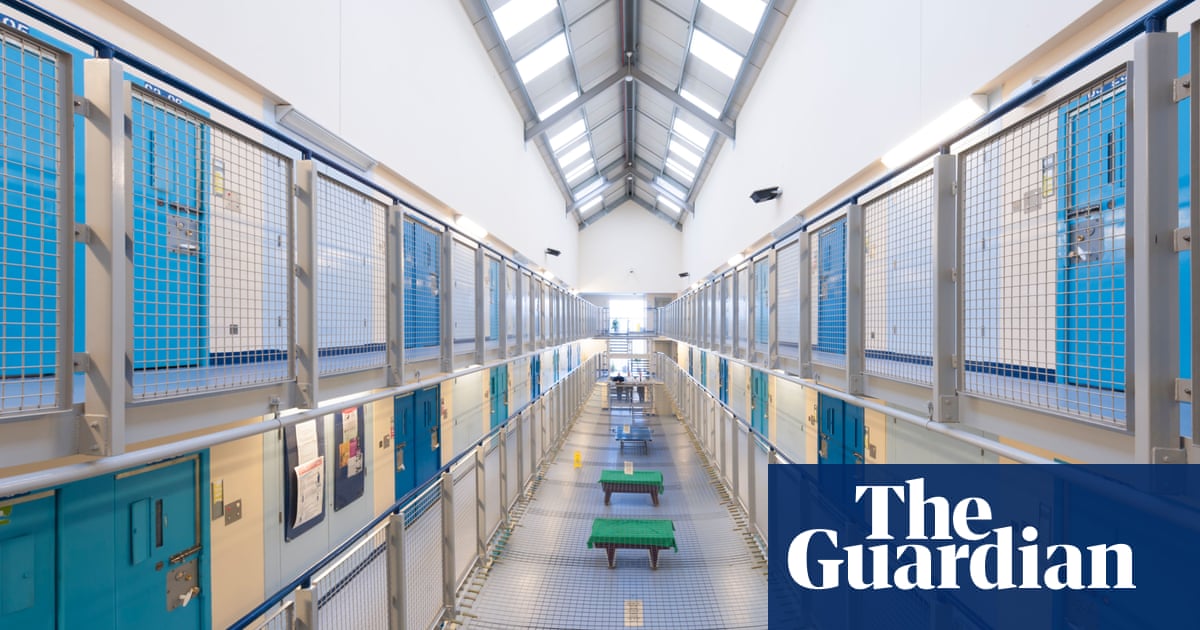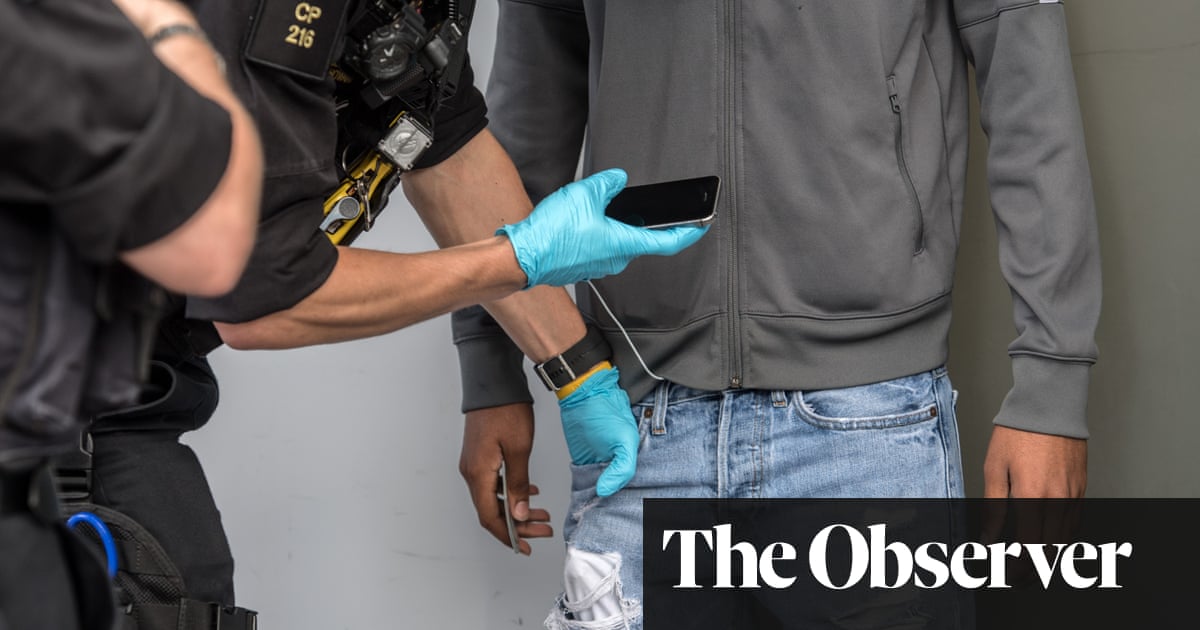
Only 33 prisoners have been released under emergency measures announced by the government to combat the spread of Covid-19 in jails in England and Wales, MPs have heard.
The justice secretary, Robert Buckland, told the Commons that those released included pregnant prisoners and women in mother and baby units (MBUs).
The Ministry of Justice had said on 4 April that the Prison Service would free up to 4,000 prisoners who were within two months of their release date and had passed a risk assessment.
On 15 April the justice minister Lucy Frazer told MPs on the justice select committee that a “few hundred” prisoners were set for release the next day.
However, days later the release scheme was temporarily suspended after six inmates were mistakenly freed and then recalled.
Late on Monday the Ministry of Justice published analysis by a Public Health England (PHE) expert that said early data suggested the “explosive outbreaks” of Covid-19 that were feared at the beginning of the pandemic were not being seen.
The paper was written by Dr Éamonn O’Moore, the national lead for health and justice at PHE and a director at the UK collaborating centre for the World Health Organization’s health in prisons programme.
He said physical distancing and reduction in prison transfers could be behind the fact the reproduction rate of the virus in prisons was below one, meaning each case of infection passed the bug on to no more than one other person.
PHE has undertaken modelling that suggests maintaining this reduction in contacts will have a “significant impact on the risk of infection in prison populations and consequences such as hospitalisation or death”, the paper said.
Buckland struck an optimistic tone as he told MPs there were “positive signs” that the approach in prisons was working, although he cautioned: “We are not out of the woods yet.”
In response to a question by the shadow justice secretary, David Lammy, Buckland told the House of Commons: “With regard to the question of early release, progress has been careful and slow but we’ve reached a position now where, also taking into account the release of pregnant women, a total of 33 prisoners have been released.
“It is a scheme I’ve not embarked upon lightly. It is a result of very careful risk assessment so that we want to minimise any risk to the public. It’s coupled with the reduction we’ve seen in prison places and capacity of about 3,000, which is already making a big difference in creating the space that we need in order to increase compartmentalisation and to reduce the spread of the virus.”
As of 5pm on Saturday, five members of prison staff and 15 prisoners had contracted Covid-19 and died. There have been 321 confirmed cases of coronavirus among prisoners and 293 among staff. There are 81,500 prisoners in England and Wales and about 33,000 staff working in public-sector prisons.
Buckland said: “We have restrictive regimes in prisons and have minimised inter-prison transfers to reduce the spread of the virus. We’re implementing units to protect the sick, to shield the vulnerable and to cohort new arrivals to reduce risk.
“There are positive signs that our carefully implemented approach is limiting the impact of this initial phase of the pandemic, that cases and deaths are much lower than originally predicted, but we will continue to do everything possible that this remains the case.”
Buckland said prisons had sufficient supplies of most personal protective equipment, but the service was low on coveralls.
Lammy pressed Buckland for an exit strategy to enable order to be restored to prisons, which have been placed under a restrictive regime.
Lammy said: “He will recognise, too, that with the restricted regime he talked about earlier, we cannot keep prisoners in their cells for 23 hours a day. It puts prison staff at risk, never mind potentially breaching very serious human rights.
“What’s his exit strategy in terms of tracing, upping testing and moving back to a degree of order in our prisons? Or we could be seeing rising tensions across the country.”
Frances Crook, the chief executive of the Howard League for Penal Reform, which along with the Prison Reform Trust has threatened Buckland with legal action over the government’s handling of the crisis in prisons, said: “It was originally anticipated that some 4,000 prisoners would be released. It is inexplicable that over three weeks later less than 1% of that figure has been achieved.”
Peter Dawson, director of the Prison Reform Trust, said: “To release just 33 people in three weeks suggests either that there is no serious intention to implement the policy, or incompetence in carrying it out. Either way, the same lives are at stake and the clock is still ticking.”












